About us

From a nursing science perspective, AFG Women's Health deals with the professional care and nursing of women and their relatives in various phases of life and illness. These include both physiological and pathophysiological changes and are often characterized by transitional situations that pose specific nursing challenges.
Focal points:
- Gynecological, non-oncological diseases:
- Nursing science approaches to promote self-management skills in women with endometriosis, cysts or fibroids.
- Support in coping with the illness, taking into account psychosocial stress and the role of relatives.
- Infertility treatments:
- Nursing science reflection on the effects of fertility treatment on psychosocial health.
- Integration of evidence-based findings on reproductive medicine, such as pre-implantation diagnostics, into nursing practice in order to ensure individualized advice and support.
- Gynecological endocrinology and menopause:
- Nursing interventions to assess and address the biopsychosocial needs of menopausal women.
- Implementation of educational measures to empower women in dealing with hormonal and psychological changes.
- Prevention and education on sexually transmitted diseases:
- Promotion of preventive measures through educational interventions on sexually transmitted diseases such as HPV, HIV or chlamydia.
- Congenital malformations of the breast and genitals:
- Support through nursing advice and interdisciplinary cooperation, e.g. in the provision of breast prostheses or referral to self-help groups.
- Nursing support for transgender patients during pre-, peri- and post-operative phases in acute hospitals, taking into account individual needs.
- Urological and gynecological complaints:
- Development and application of nursing concepts for the care of women with prolapse problems and incontinence.
- Information and advice on physiotherapeutic measures and aids such as incontinence materials.
- Good and malignant tumor diseases:
- Application of nursing science findings to support women with tumors of the breast or genital organs.
- Genetic counseling for hereditary breast and ovarian cancer syndrome, including the integration of educational and counseling measures for those affected and their relatives.
From a nursing science perspective, the work of AFG Women's Health aims to combine evidence-based nursing practices with holistic approaches. Women are supported in their individual phases of life and illness, with a focus on promoting self-management, resilience and quality of life.
Members
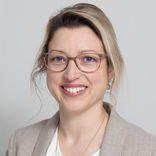
Bernet Madeleine, MScN, Bern University of Applied Sciences Health
Co-President AFG Women's Health
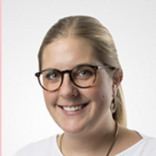
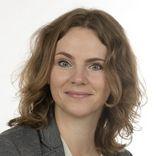
Enaux Jennifer, MSc, The HOCH Health hospital region of Eastern Switzerland
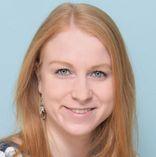
Keller Raphaela, MScN Cand., Bethesda Spital Base
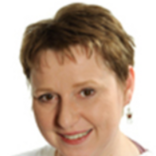
Klanke Christina, MA, MPH, University Hospital Basel
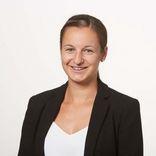
Dr. phil. Kobleder Andrea, OST - University of Applied Sciences of Eastern Switzerland
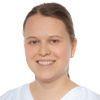
Lange Cordula, MScN Cand., University Hospital Basel
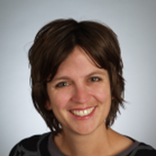
Meier Käppeli Barbara, MScN,University Hospital Zurich
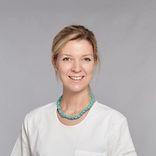
Mayer Pia, MScN, Zurich City Hospital
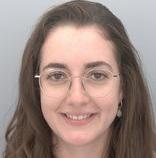
Porodko Lisa, MScN, University Hospital Zurich
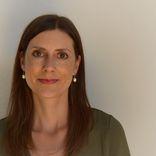
Sutter Lena, MScN, Bern University of Applied Sciences Health, Inselspital Bern Women's Clinic
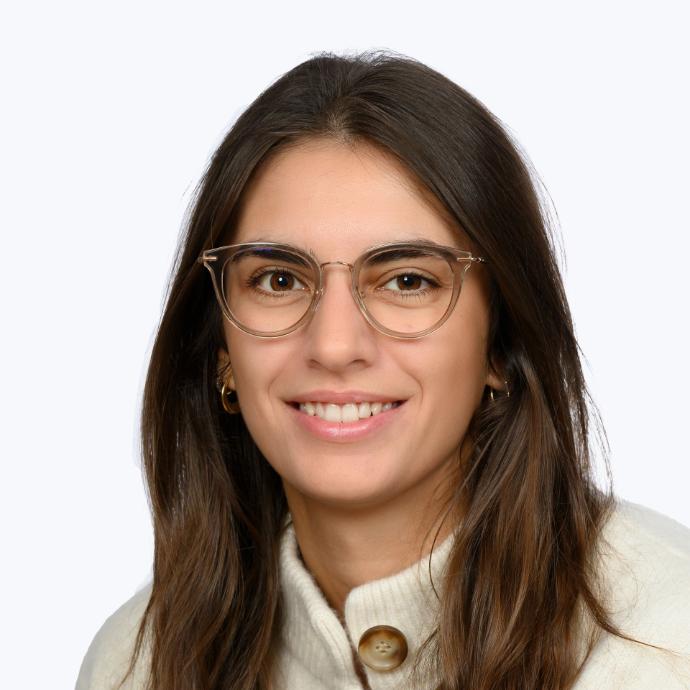
Topic Jelena, MScN Cand., The HOCH Health hospital region of Eastern Switzerland
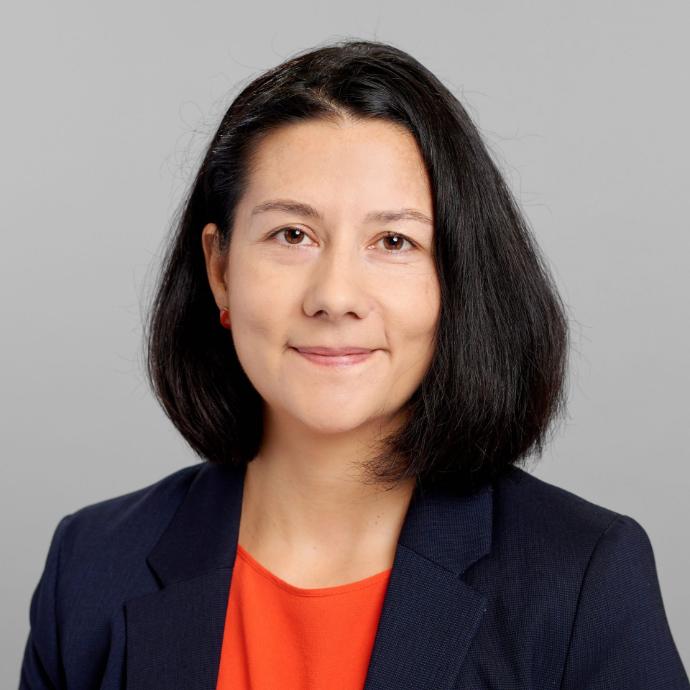
Harju Erika, Dr. sc. ZHAW School of Health Sciences

Pires Da Costa Leonor, BScN
Spital Visp
